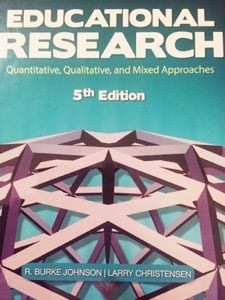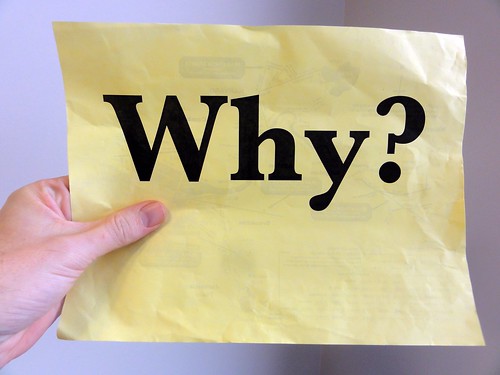I’m currently studying EDCN800 Introduction to Educational Research at Macquarie University. It is the only compulsory subject in my course but I put it off to last because it seemed so dry, and well, boring. I have my regrets, however, since it would have been quite useful to know what I should be doing before I submitted abstracts on behalf of my team to international conferences. When we were accepted to these conferences I had to write academic level articles on the basis of haphazard and amateurish research. One of these articles was for a peer-reviewed journal and one of the two peers who assessed the paper slammed it for not being written in the acceptable academic format. I had avoided the more academic format because I didn’t want to pretend that the research was formally conducted. I have now resubmitted the piece into a more acceptable format but it still awaits final approval.
More recently, I have been trying to support a friend who has been designing real proper research under the guidance of a university professor. The professor’s critiquing of the attempts to write a research question and plan the research methods was a painful process but the frustration was worth it in the end because I think there is a very valuable research project currently underway. As I do this course I can, in retrospect, see more clearly what was required and if I had completed this subject before this year it might have been a much less painful process. Now, as I study the ethics of research I wonder how much more should be done to cover ethical considerations in my friend’s research. It is also giving me more depth to my knowledge of research methods for when I teach Society and Culture.
In the first semester of my Masters of Education I chose one subject (curriculum) because a friend was also doing it and another subject because I felt knowledgeable in that area (pedagogy). I had enrolled in the course just so I could obtain the piece of paper and letters to look good on my CV but within a couple of weeks of participating in these two subjects I was enjoying myself immensely and did quite well as a result. However, the one aspect that I was continually criticised about was the negligible evidence to support my (soapbox) statements. I have improved a lot in this area since then.
Now as I study EDCN800 I expect high achievement from myself but I’m not succeeding. I’m engaged in the subject because of the afore-mentioned application but despite being quite numeracy literate I struggle with the statistical concepts and analysis of data. I only received 65% for the first of five assignments. Today I battled with the concepts of reliability and validity with all their different coefficient measurements. The concepts in themselves are fine but when I have to apply them to a technical academic article it becomes all muddled up and difficult to navigate. Not only do I need to understand these concepts for EDCN800 but I am also writing a literature review for EDCN806 which requires an examination of the reliability and validity of the articles I am including in the review. It is all driving me insane and I question my ambition to complete a PhD down the track. As a result I’m feeling a fair bit of empathy with my students at the moment.
Anyway, that’s enough complaining, I need to attack a question about evaluations using numerical ratings and then write some of my own questionnaire items to assess student experience in studying the Masters of Education. It is so much easier to help my students design their research for their Personal Interest Projects (PIPs) in HSC Society and Culture than to do it myself at a university level. But here I go…
Stay tuned.






